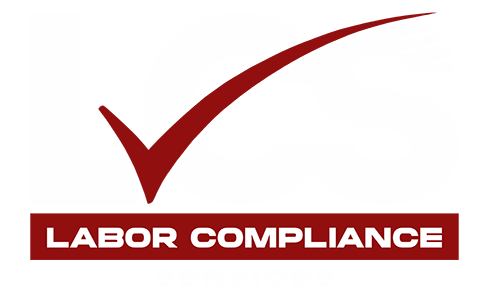The Davis-Bacon and Related Acts (DBRA) play a crucial role in ensuring fair wages for workers on federally funded construction projects. One of the most dynamic aspects of DBRA compliance is navigating changes to wage determinations, which can significantly impact payroll, budgeting, and project timelines. This article will guide prime contractors through what happens when wage determinations are revised and how to stay compliant.
Understanding Wage Determinations
Wage determinations set the minimum wage rates and fringe benefits for laborers and mechanics based on job classification and location. They are issued by the U.S. Department of Labor (DOL) and are specific to the type of construction (e.g., building, heavy, highway) and geographical area.
When and Why Are Wage Determinations Revised?
Wage determinations are revised to reflect changes in wage conditions and labor market data. Revisions can occur due to:
- Updates in wage survey data
- Collective bargaining agreements
- Legislative changes or new rule implementation, such as the recent updates under the Inflation Reduction Act
Key Moments When Revisions Matter
- Before Bid Opening: If a wage determination is revised before the bid opening, the revised rates apply to the contract. Prime contractors must ensure they reference the latest determination during the bid process.
- After Contract Award: Wage determinations are generally locked in once a contract is awarded. However, significant changes like contract modifications or extensions can trigger the application of updated determinations.
Steps for Staying Compliant
- Monitor for Updates:
Regularly check the DOL’s Wage Determinations website or subscribe to alerts to stay informed about potential revisions. - Incorporate Wage Updates in Contracts:
Ensure subcontractors are aware of applicable wage determinations and include clauses that address how wage changes will be handled. - Maintain Accurate Payroll Records:
Use certified payroll software to streamline compliance with wage determination revisions and ensure proper documentation. - Consult Legal or Compliance Experts:
Seek guidance from compliance consultants or legal counsel if unclear about how a revision impacts your project.
Consequences of Non-Compliance
Failure to comply with updated wage determinations can result in:
- Withholding of contract payments
- Potential debarment from future federal contracts
- Fines and penalties
Conclusion
Staying compliant with wage determination revisions under the Davis-Bacon Act requires vigilance and proactive management. By understanding when revisions occur, how they affect your contracts, and what steps to take, prime contractors can ensure they meet their obligations while protecting their project timelines and budgets.
For further details, consult the U.S. Department of Labor’s Wage and Hour Division.







